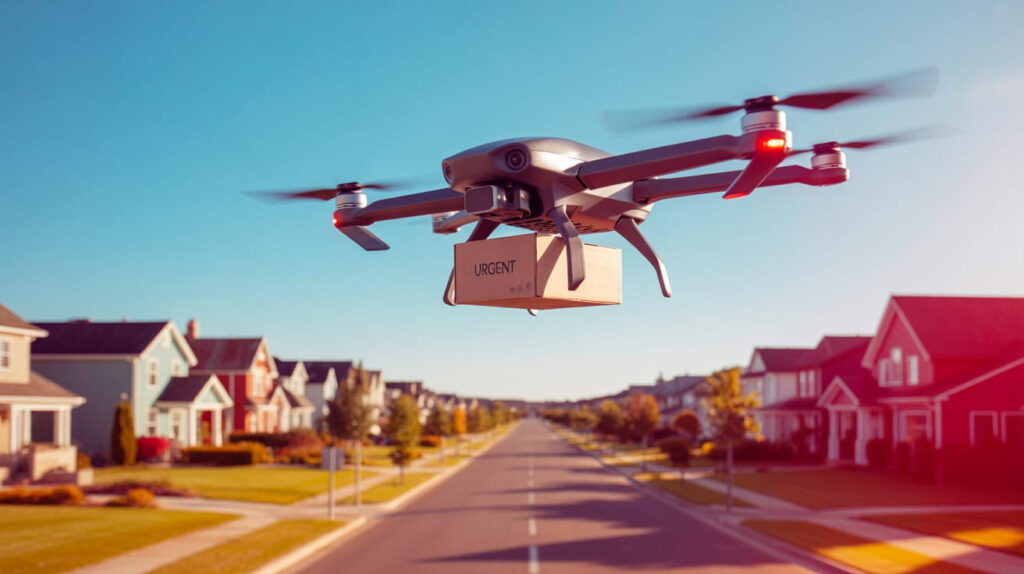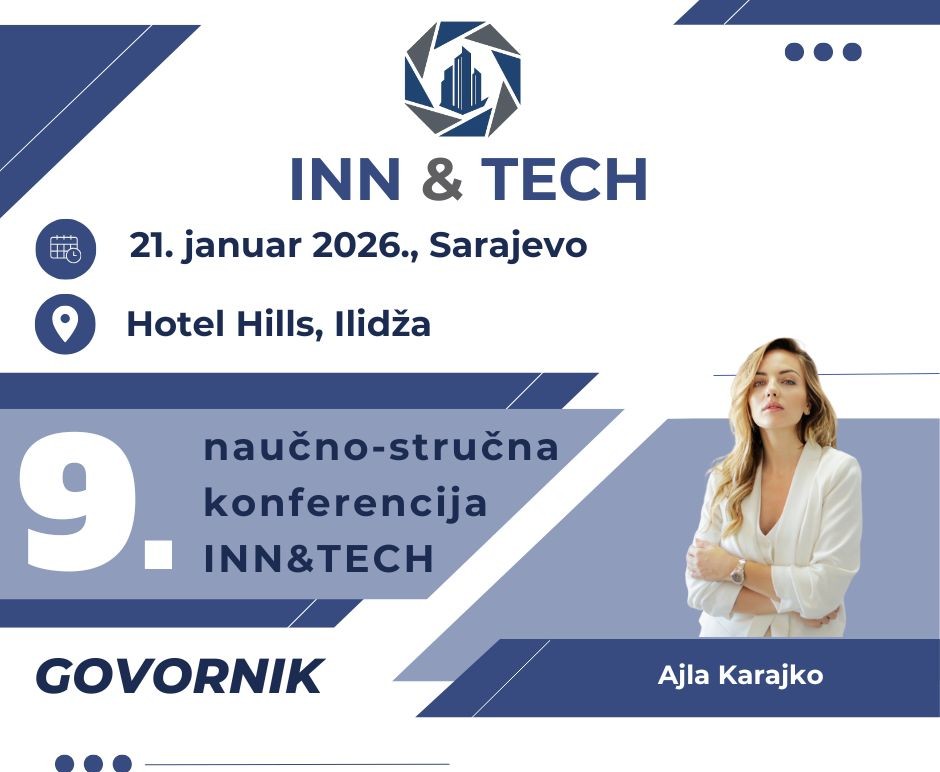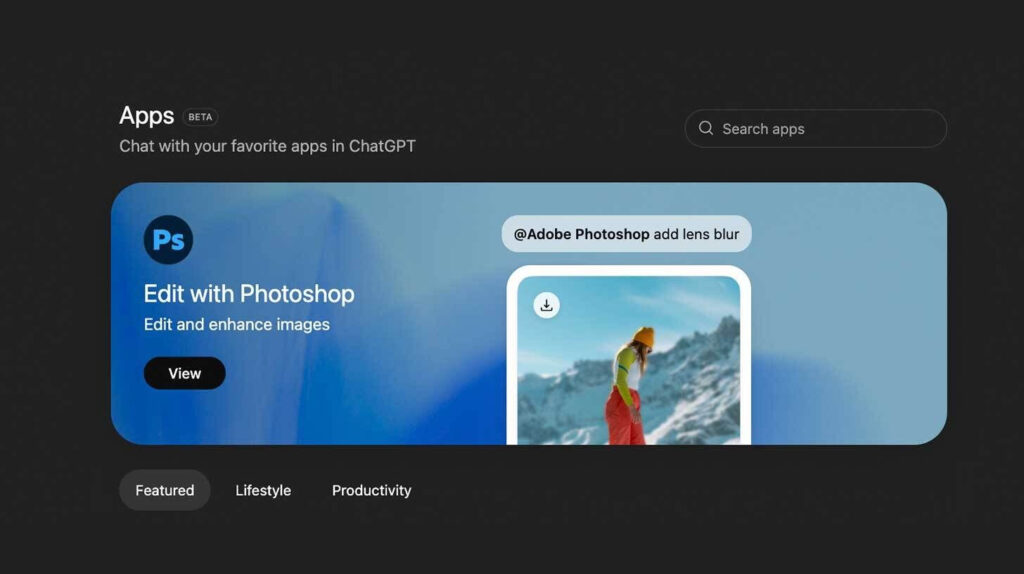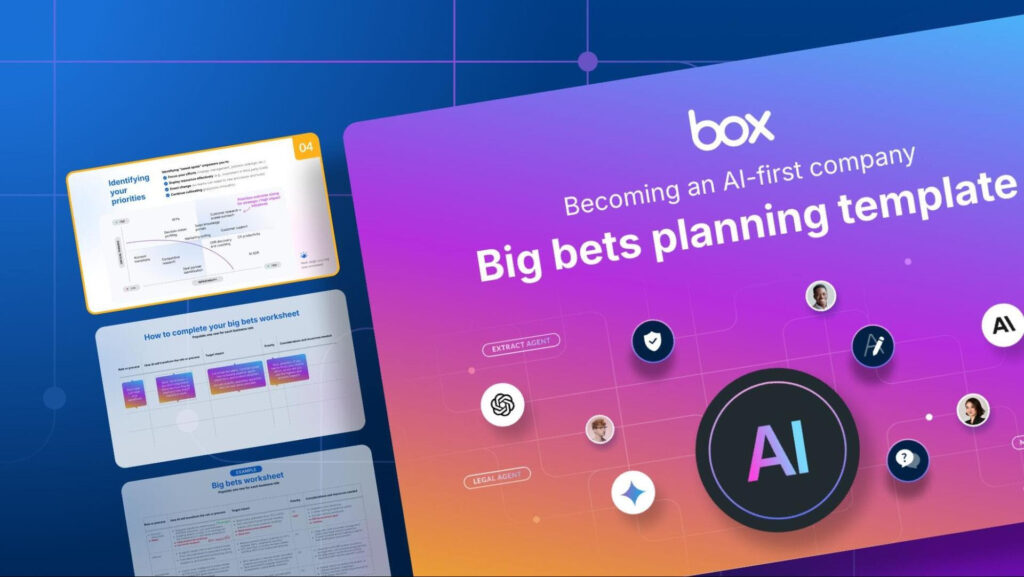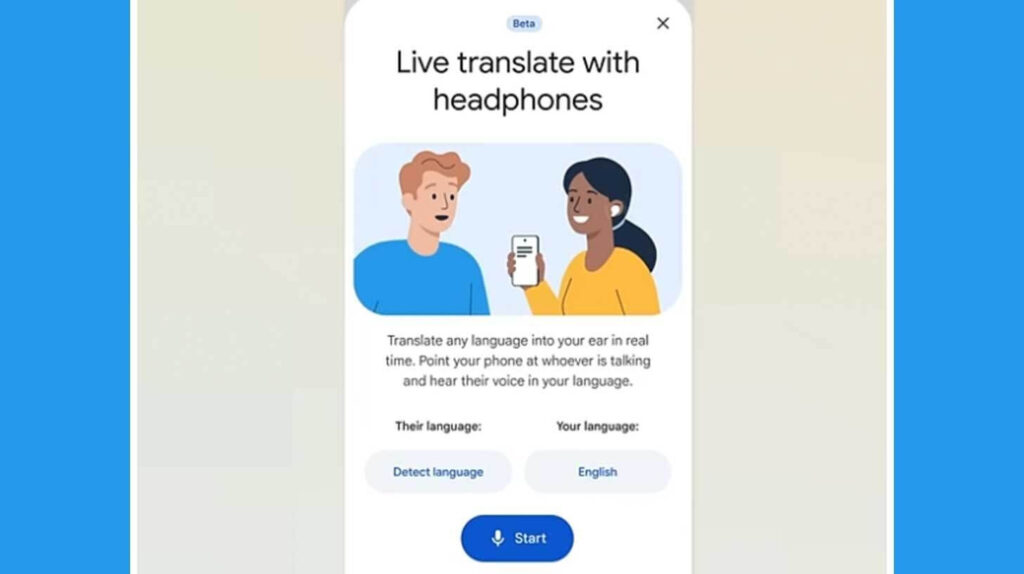Researchers at MIT have developed a new probabilistic framework for drone design that forces engineers to confront the unpredictable reality of hardware from the very beginning — without idealized assumptions that motors, batteries, and sensors will always work perfectly.
Unlike traditional methods that rely on technical specifications, this framework uses statistical models to show how performance changes under real-world conditions — such as weather variations, component aging, or manufacturing deviations. This allows engineers to test and predict failures before they occur in practice.
Its modular design functions like code libraries — enabling rapid changes and reducing testing cycles from several weeks to just a few hours. Early users can already simulate extreme scenarios that traditional methods would only uncover after months of work.
MIT’s approach challenges a long-standing engineering dogma: that parts will work as described in manuals. Instead, the framework assumes they won’t — and that is precisely why it builds more reliable and resilient systems. Ultimately, this means the next generation of drones and robots could be “chaos-resistant” — designed not only to work when everything goes as planned, but also when nothing does.
In brief: Tech World Highlights:
- Anthropic now requires all Claude users to choose by September 28 whether they want their conversations to be used for AI model training.
- ByteDance, TikTok’s parent company, plans an employee stock buyback, with the company valued at over 330 billion dollars.
- Prosecutors seek a 15-year prison sentence for Kakao founder Kim Beom-su over stock price manipulation during the SM Entertainment acquisition battle.
- Frontier, Google-backed carbon removal consortium, committed to purchasing credits to remove 115,211 metric tons of carbon for 31.3 million dollars from startup Planetary.
- Google introduced new AI features in Google Translate aimed at helping users learn new languages, inspired by the Duolingo app.
AI Trending Tools:
- Gemini Storybooks – Google’s AI now creates narrative picture books with storytelling.
- AgentHub – Realistic sandbox for simulating and evaluating AI agents.
- Lindy 3.0 – AI employee with capabilities to create agents, autopilots, and team collaboration.



